Search

In 1924 Yuri killed 57 people as a spy before going underground as the madam of a small brothel. There, she encounters an orphan whose family was murdered and holds the key to finding a large sum of money reported missing by the Imperial Japanese Army. But with an army of soldiers after them, they must fight to survive.

Former State Pathologist, Dr. Marie Cassidy leads a brand new investigation into the killing of revolutionary, soldier and politician Michael Collins in August 1922, an event that ignited acrimonious arguments that have endured ever since.

In the late 1920s, Albert Fish, a seemingly benevolent father and grandfather who reared his family by himself after his wife deserted them, turns out to be a serial child molester and murderer. Based on a true story.

Based on the novel of the same name by Mikhail Sholokhov, about the fate of people broken by the First World War, the October Revolution of 1917 and the Civil War in Russia (1917-1922), about the collapse of the foundations and ideals of the Don Cossacks of Russia at the beginning of the XX century, about the personal tragedy of the protagonist — Grigoriy Melekhov.

Engineer Jake Holman arrives aboard the gunboat USS San Pablo, assigned to patrol a tributary of the Yangtze in the middle of exploited and revolution-torn 1926 China. His iconoclasm and cynical nature soon clash with the ‘rice-bowl’ system which runs the ship and the uneasy symbiosis between Chinese and foreigner on the river. Hostility towards the gunboat’s presence reaches a climax when the boat must crash through a river-boom and rescue missionaries upriver at China Light Mission.
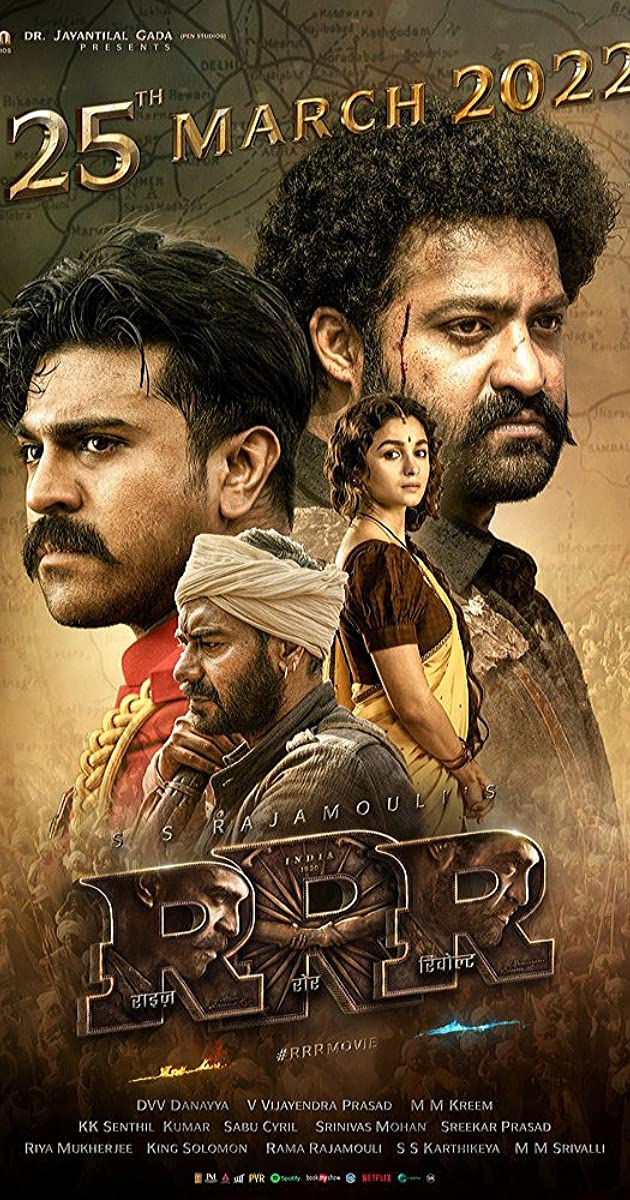
A fictional history of two legendary revolutionaries’ journey away from home before they began fighting for their country in the 1920s.
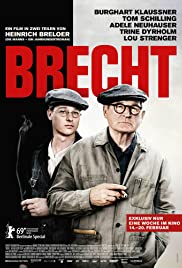
Bertolt Brecht, a theatre revolutionary, poet of the state, outsider, looks back on his life in 1956, the year of his death, in East Berlin: from provocations in the Augsburg of the First World War, to the early poetic and amorous height flights in Munich and Berlin in the 1920s, his escape from Hitler and US exile, followed by his later years caught in a dilemma between timeless classic and a failing GDR class fighter, an inflexible free man and a compromised Artist.
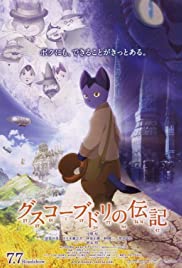
Remake of The Life of Guskou Budori (1994).
The fairy tale follows a young man named Guskou in the Tohoku forests of northeastern Japan in the 1920s. After an onslaught of droughts and natural disasters, Guskou is forced to leave his home and search for a better life elsewhere. Guskou joins a group of scientists at the Ihatov Volcano Department, which deals with the same natural disasters that drove Guskou from his home.
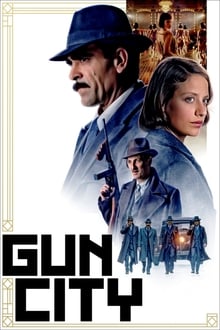
Barcelona, Spain, 1921. A tough cop from Madrid arrives in the city to locate, under the suspicious scrutiny of corrupt local police officers, a significant amount of military weaponry stolen from a train, allegedly by revolutionary anarchists.
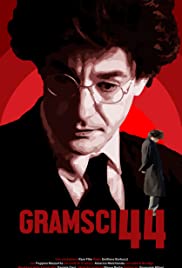
Between 1926 and 1927, the Italian intellectual and Communist political figure Antonio Gramsci spent 44 days imprisoned on the island of Ustica, off the northern coast of Sicily. Together with his fellow prisoners, he founded a school. This unique institution was open to all, welcoming people of all ages and social backgrounds, even the illiterate. Ustica still remembers this revolutionary school. Ustica, remote and neglected, still waits patiently at the harbor, hoping that the boat from the mainland will come.